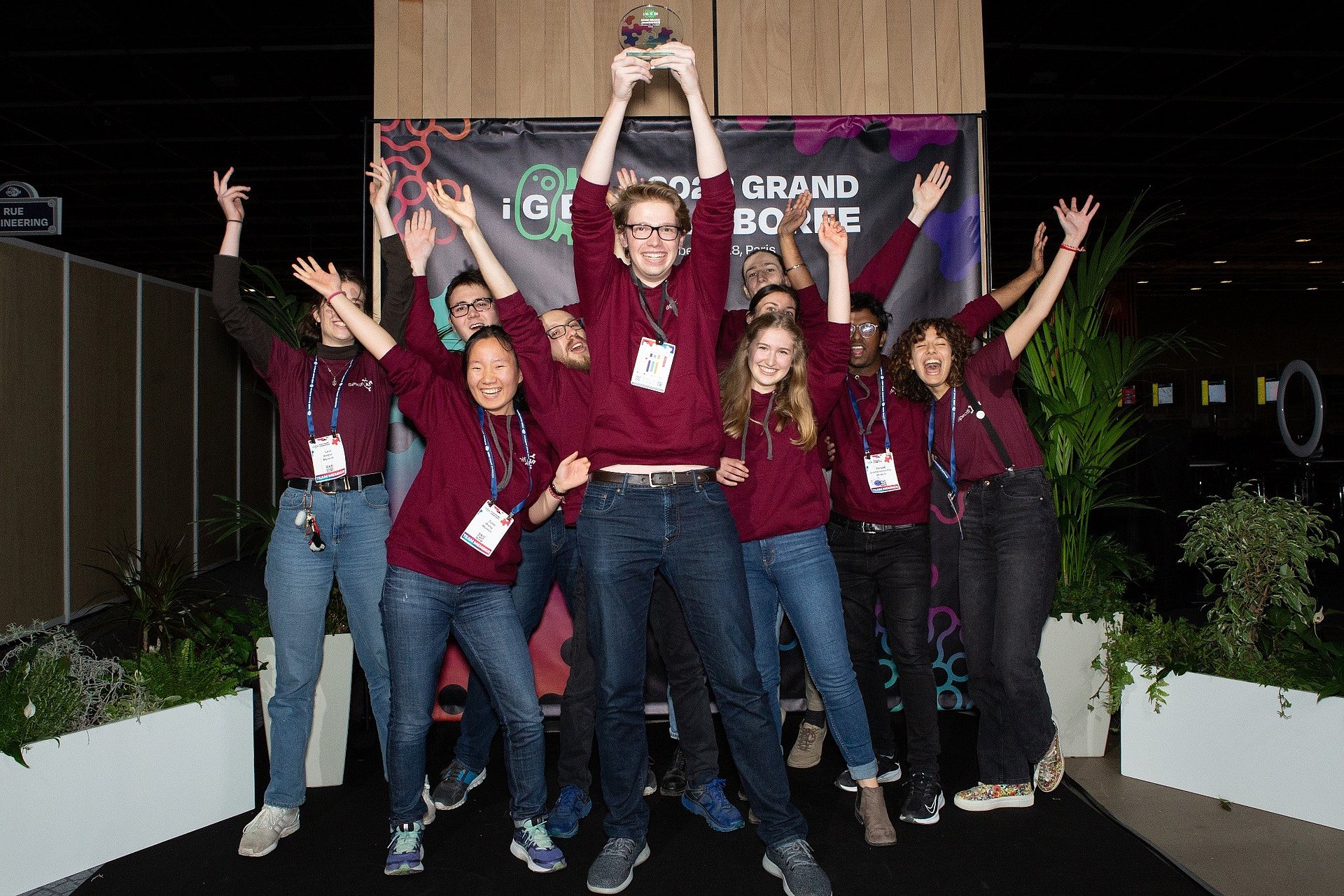A Munich student team won a Gold Medal in the world's largest academic competition for the field of Synthetic Biology with their project aimed at improving cell therapies against cancer. The group from the Technical University of Munich (TUM) and Ludwig Maximilian University of Munich (LMU) was the only German team to finish among the top 10 out of 180 student projects in the undergraduate age category.
 iGEM Foundation, CC BY 2.0
iGEM Foundation, CC BY 2.0 Cancer is one of humanity's most acute health problems. According to the World Health Organization, over 10 million people die of cancer each year. Conventional treatment methods such as chemotherapy also result in grave side-effects. A new treatment strategy uses the body's own immune cells, T cells. Modified to include a synthetic receptor, they can then recognize and attack cancer cells. Nevertheless, the process still subjects healthy tissue to unwanted attack as well.
The iGEM project SpecifiCAR, led by Matthias J. Feige, TUM Professor for Cellular Protein Biochemistry, makes use of the fact that modified T cells communicate with one another using synthetic neurotransmitters: Wherever a large number of cells are already fighting the cancer, more of these neurotransmitters are released which in turn activate additional T cells. The iGEM Munich team won the prize for the best software tool with its open source database for these receptors.
The international Genetically Engineered Machine (iGEM) competition has been conducted by the iGEM Foundation since 2003. This year 360 teams from over 40 countries participated.






